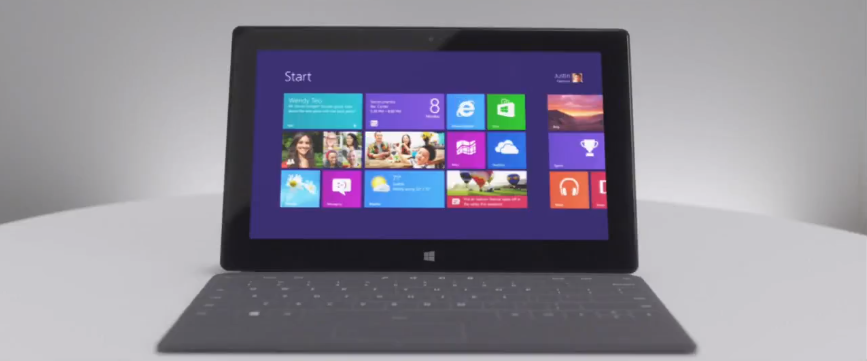
Microsoft Surface could easily upset iPad in K-12 education
Microsoft needs to harness and capitalize on some of the pent up anticipation that is surrounding roughly the next 5 months of its product lineup. Let's face it: the holiday season is going to be a blissful one, with Windows 8 coming out in late October for consumers and the Surface rumored to be out on the same day.
Optimism for Windows 8 grows, dulling early worries about its future. A recent poll run by BetaNews found that 45-percent of respondents are set to get Windows 8 as soon as it's released. And a forward-thinking interview with the CEO of Laplink, Thomas Koll, firmly solidifies his belief that Windows 8 is far from the next-of-kin to Windows Vista.

I'm an early adopter, and I can't help it
Second in a series. "My name is MB and I'm an addict" is what I would say at the first Early Adopters Anonymous meeting.
I'm driven by an addiction to try a product as soon as possible, at the earliest point in its life cycle and I can (silently) admit to it being a compulsive behavior. It's not that I don't enjoy it, but I feel that's what I should do with every new product that I can get my geeky hands on. Yes, that's the second confession, and I'm fairly certain it will not be the last either.
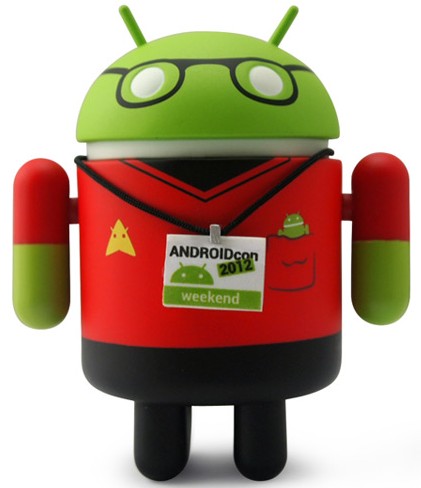
I'm an Android rooting addict
First in a series. I feel dirty. As I crawl my way up to my desk this morning, I get the sense that I'm somehow less than fresh. After all, I've just spent several days living on the very edge of Android's outer darkness, a place where evil lurks and "good" users know not to tread.
I'm speaking, of course, of the seedy underworld of Android device rooting, a subculture so far removed from the mainstream of computing that its denizens are hardly recognizable. It's a world that has always fascinated me. But as an outsider subject to the rules of "civilized" society, I could never fully understand the allure -- dare I say, the addiction -- that binds so many to this dark place.
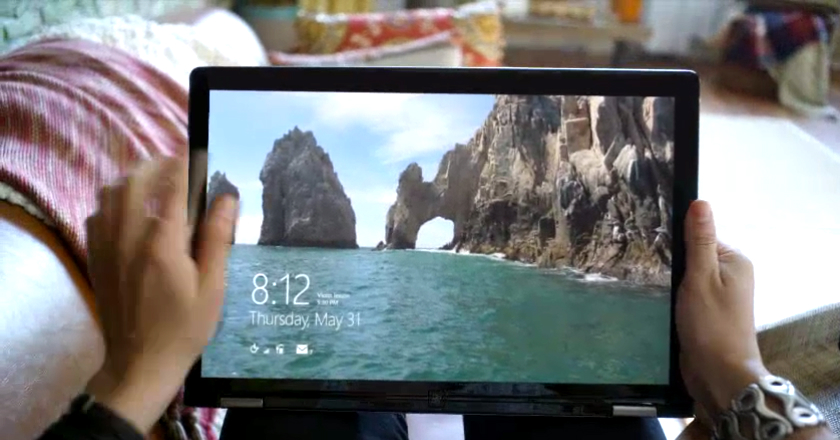
Early adopters rush to Windows 8
A month ago today I asked: "Will you buy Windows 8?" About 1,500 of you answered the poll and offered more in comments -- to the story and others that followed. Now that Windows 8 is released to manufacturing and available to developers and to enterprises, it's good time to review your answers.
About 45 percent of respondents plan to buy Windows 8 as soon as it's available -- more consumers (25.06 percent) than business users (19.55 percent). All total, 55.71 percent of you plan on buying Windows 8 within six months of availability (from August for businesses and October for consumers). Given our select audience, I don't expect adoption to be that high that fast for the broader market. However, considering that analyst data -- from Net Applications, among others -- puts XP usage higher than any other Windows version, there is potentially huge pent-up demand for Win8. Then there is something different -- the new user interface formally known as Metro. (Say, what's its name this week?)

Laplink CEO: Windows 8 will ensure Microsoft's dominance in the enterprise
You can’t have failed to notice that Windows 8 is attracting a lot of negative press. Some commentators, such as myself, have said it will flop, others that it will be the new Vista.
But not everyone thinks the updated operating system is a disaster. Thomas Koll, CEO of Laplink, is actually pretty positive about Windows 8's chances, and took the time to sit down with me and share his views about that and other topics, including flat PC sales, Microsoft Surface and tablet adoption in the enterprise.
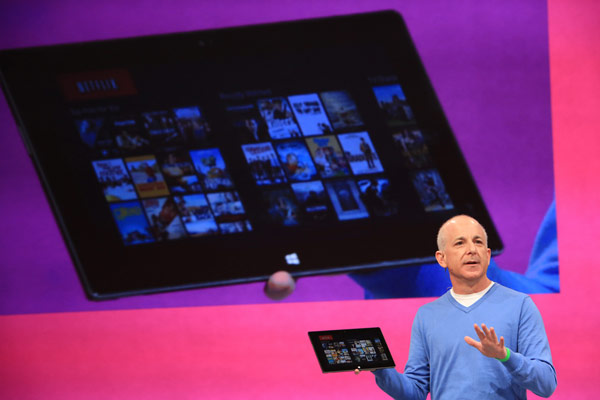
How much would you pay for Microsoft Surface?
End of summer typically means slower news cycle and with it more ridiculous rumors and positively pathetic punditry than ever. For example, the Apple Fanclub of bloggers and journalists squirms and squeals like a pack of hogs rolling in fresh mud -- they can't get enough of the Samsung trial under way in Northern California. Then there is Microsoft and the mini-revolt over the Surface tablet. Acer whines, Toshiba gives up Windows RT plans and everybody who is no one guesses just how low Microsoft will sell its tablet.
The problem is one of conflicting objectives. Apple's iPad sells faster than bacon cheeseburgers (let's keep to the pig metaphor shall we) during the County Fair. Total shipments topped 85 million in July -- in about 27 months. Today, IHS iSuppli put Apple's second quarter tablet market share at 69.6 percent globally -- that's up 44.1 percent, or 11.5 points, sequentially. Yeah, from 58.1 percent in Q1. (Pop those eyes back your head now.) Meanwhile, Windows starts essentially from zero. Microsoft can't close distance on iPad fast enough, and sure-fire, proven way is offering a compelling alternative for much less.
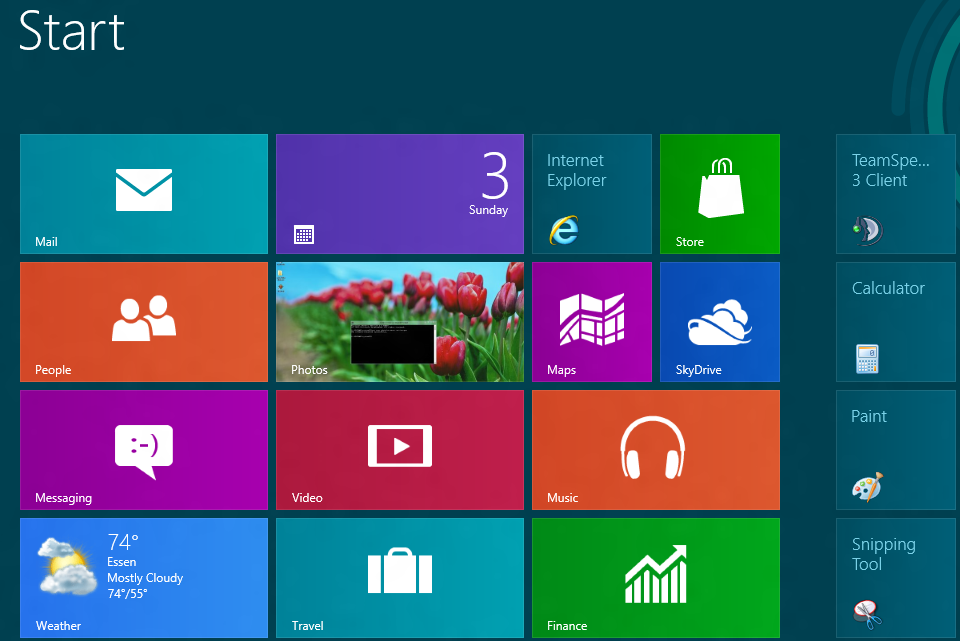
Is Microsoft planning to ditch Intel post-Windows 8?
It's a radical thought. What if Microsoft is secretly planning to ditch Intel? With all of the recent talk about Windows RT "PCs", distinctions between the consumer roles associated with RT-based devices and the more traditional PC roles normally reserved for Intel-based systems have become blurred.
Suddenly, usage scenarios and form factors that were firmly part of Intel's territory are being encroached upon by a cornucopia of non-x86 Windows offerings. And cheering them all on is the chip maker's longtime comrade-in-arms, Microsoft. The Redmond, Wash.-based behemoth has been looking for a way out of the Wintel duopoloy for some time now, and the combination of increasingly powerful ARM designs and a tepid response to Intel's Ultrabook campaign has given the company the perfect opportunity to step out on its old partner.

Apple vs Samsung: The defense of common sense
The transpiring events of Apple’s lawsuit against Samsung divides the technology industry and hones in on several overarching intellectual property talking points and issues that far extend the perpetual "eye for an eye" battle the companies occupy. Many writers and pundits state that the lawsuit will be a primary stepping stone to IP and patent reform and will be a primary decider of the future of patent law in the technology industry.
What the trial really rises to the surface: the two differing approaches with which Apple and Samsung view the situation. Apple’s perspective hinges on protecting the intrinsic and unique value of their intellectual property, whereas Samsung focuses more on the end game of consumer perception.
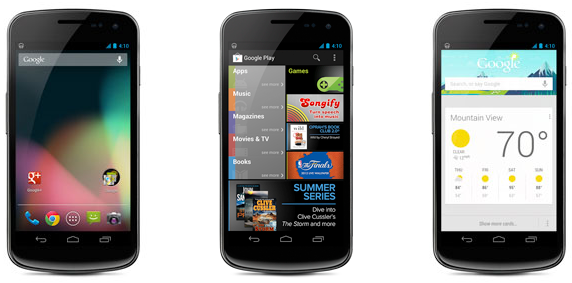
Galaxy Nexus HSPA+ with Jelly Bean review
BetaNews certainly loves the Samsung Galaxy Nexus. Joe Wilcox uses one, Tim Conneally uses one, now I use one. I wanted a smartphone that could easily deal with day-to-day tasks, had decent enough battery life that could get me through the day, had good build quality, and most importantly, received timely software updates.
As some of you may have already read, my Galaxy Nexus came with Android 4.0 Ice Cream Sandwich, but I managed to update it to Android 4.1.1 Jelly Bean. I wanted to experience it without the placebo effect induced by claims of a faster interface. So how does it stand up to my four criteria?
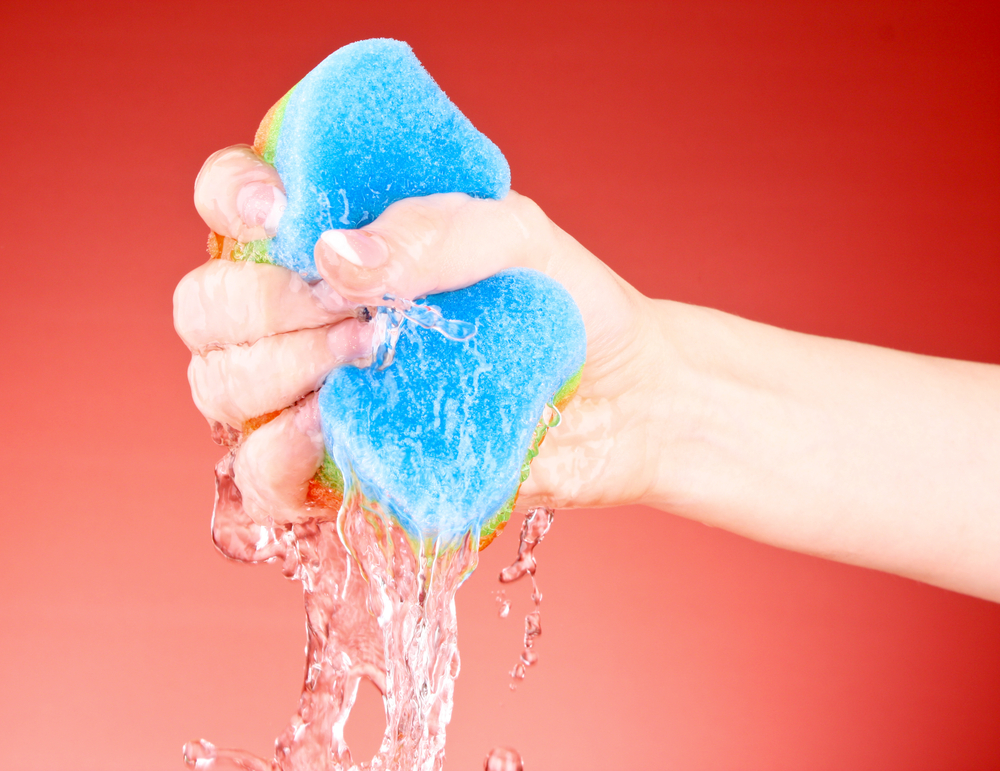
Stop the real SaaS -- software as a sponge -- and give me back my hardware, please
The Commodore 64 celebrates its thirtieth birthday this month. That’s 64 kilobytes for around $600. A massive amount of RAM at the time. And for another $600 you could buy a 5.25-inch floppy disk drive, which could store 170kB on a disk. Programs loaded completely into RAM so that you could remove the program disk from the drive and insert another one to store data. Where can you get a word processor or database that will run in 64k now? Yes, of course we’re routinely doing things now that were only distant dreams back then. But I began my computing experience running my business on just such a Commodore 64.
By 1986 mass market PC clones featured a colossal 512k of RAM and a 4.77MHz processor. But although that was a massive step forward, in no time you needed to upgrade to 640k RAM, and then find ways of using the extended memory registers between 640k and 1MB. In 1990, Windows 3.0 needed 7MB of disk space -- so you’d need a hard drive to run it, which not everyone had.
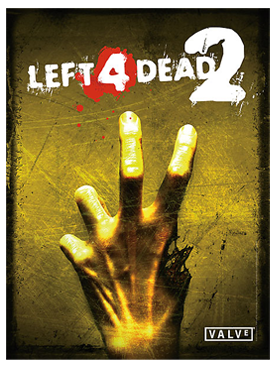
Will Windows 8 make Linux the new gaming OS?
Windows 8 gets grief from all angles, including from the gaming industry. Valve’s boss Gabe Newell recently called the forthcoming OS "a catastrophe for everyone in the PC space", and Blizzard's Executive vice president of Game Design, Rob Pardo, tweets that Windows 8 "was not awesome for Blizzard either".
There are a couple of reasons why Gabe Newell, who worked at Microsoft for 13 years before leaving to form Valve, doesn’t like the new operating system. The awkwardness of running games through the interface formerly known as Metro is the most obvious issue, but the integrated Windows Store, which will directly compete with Valve’s distribution service Steam, is a much bigger concern for the company.

I need a 15-inch tablet to replace my laptop
Some people don’t like tablets, while others defend them. I’ve often wondered why people seem so crazy about them, but that is mostly because what I do requires me to run Windows, and Windows-based tablets (aka slates in the Microsoft Store) are neither popular nor cheap, especially with the hardware configuration that I need.
I say need, not want, because it is mission-critical that I finish the task at hand in a decent amount of time, and to do that requires powerful hardware. But there’s another reason as well, and it involves the size of the display. In one of my previous articles, I wrote that real work can’t be done on a tablet and I gave five reasons as to why it’s (still) true. Today, I’d like to add the sixth reason to that list: Most tablet displays are too small.

If it rains, is your data safe in the cloud?
This is a followup to my recent column about Steve Wozniak’s warning on the perils of cloud computing, especially cloud storage. It might surprise many users to know there are firms that sell cloud storage and do not back it up. They rely on the disk RAID and some redundancy in the cloud to “protect” your data. If something happens to their datacenter, they could probably not recover your data.
Remember MailandNews.com? They did not have a viable business model. They also didn’t back up their servers. One day they had a big crash and relied on the RAID array to recover the data. It took two weeks and still not all of the data was recovered.

Windows 8 will be Microsoft's new cash cow
Many Windows users question why Microsoft seems so fixated on Windows 8's Start screen and prevents them from bypassing it on start. Why not add a switch to the operating system, for instance, in form of a Group Policy or Registry key that determines whether the user wants to boot into the Start screen or the desktop?
To understand Microsoft's reasons, you have to look elsewhere. Valve Software released the Team Fortress 2 for about $20 as a standalone game as part of the company's Orange Box. Valve later added an in-game store in which users could, but did not have to, purchase items. The store turned out to be so successful that the company turned Team Fortress into a free-play game, which increased store earnings to four times the revenue that Valve made initially from selling the game. This changed Valve's business model fundamentally, and upcoming games like Dota 2 will start out as free-to-play right away to repeat the success story.

What does Apple REALLY want from Samsung?
Answer: One-hundred percent of all profits gained from Sammy's smartphones and injunction barring sales of future models. Is that clear enough for you? Because it might not be from the stilted news stories about the Apple-Samsung trial under way here in California. Apple feels entitled to everything. That's how highly the company's top-brass thinks about their intellectual property and how little they do about Samsung's.
Instead of reading about how much Apple demands, blogs and news reports focus on the puny 2.4 percent per phone Samsung asks Apple for so-called essential patents or the extent of copying as told by the fruit-logo company. The story you read everyday about the Apple-Samsung trial is a good yarn, but there's enough urban legend to warrant a Snopes.com entry.
